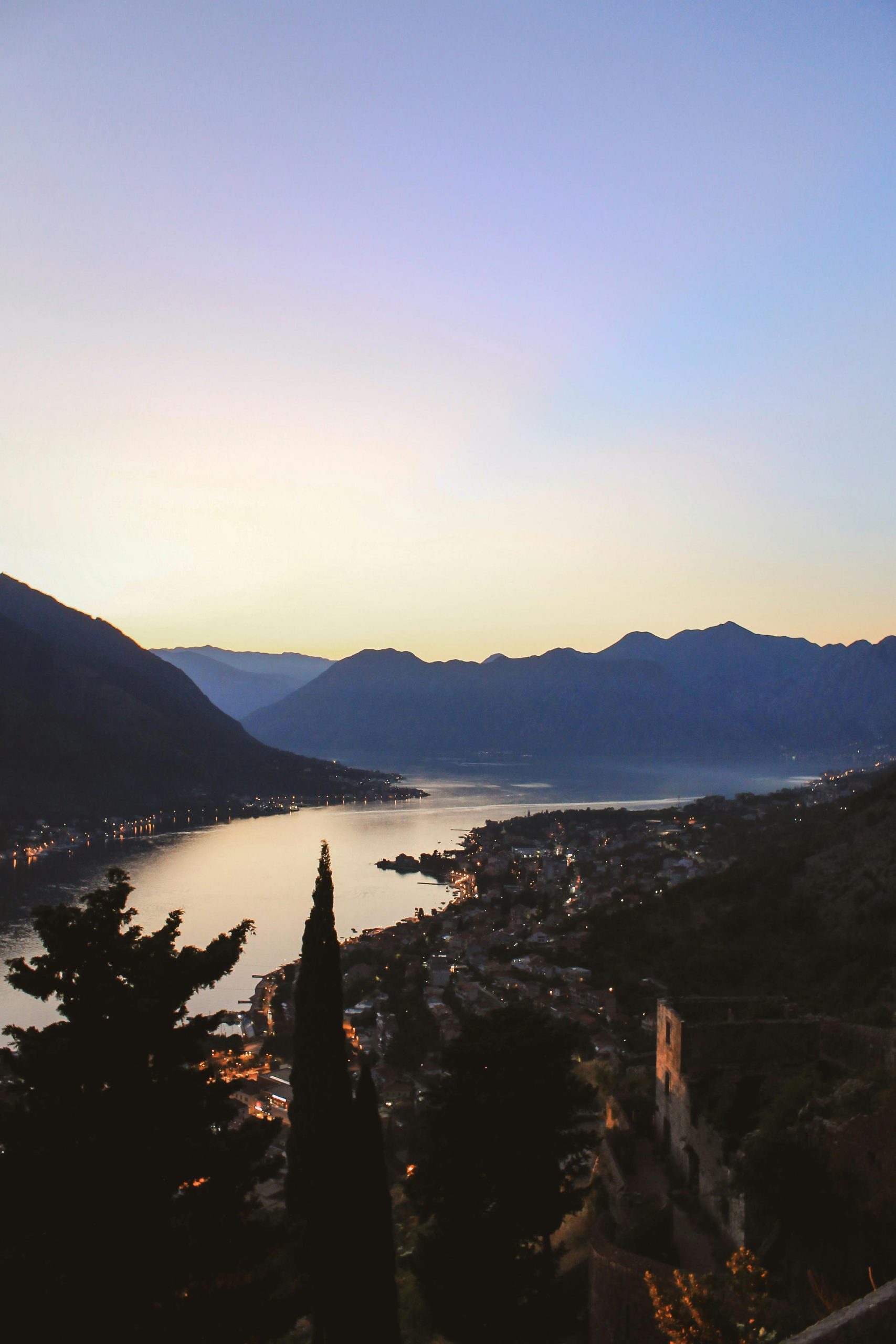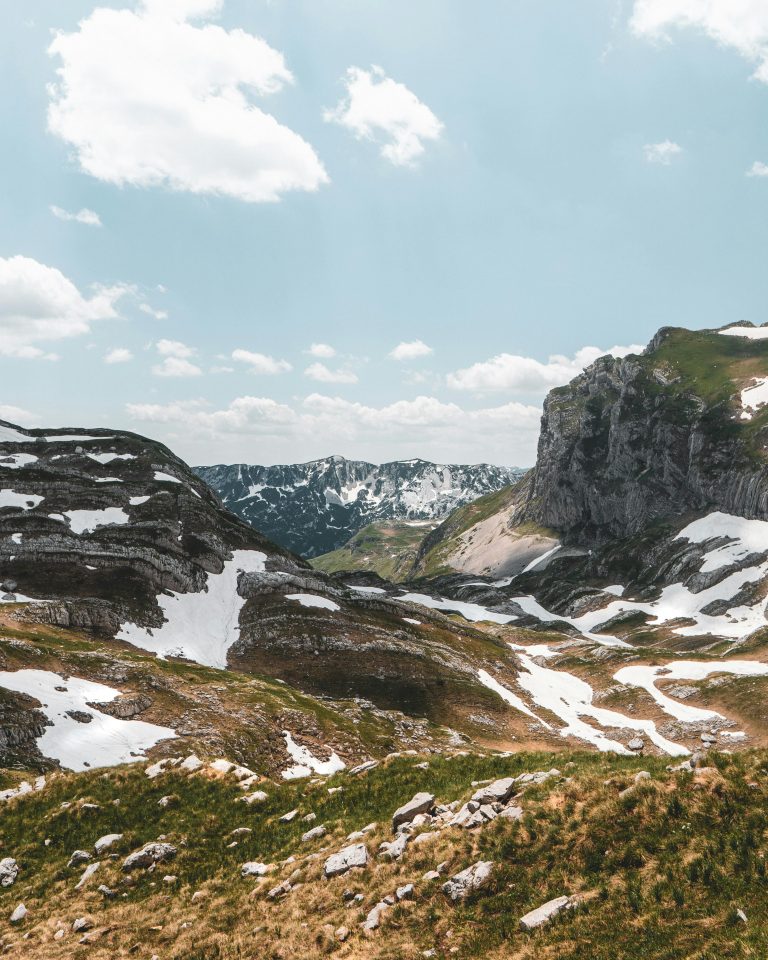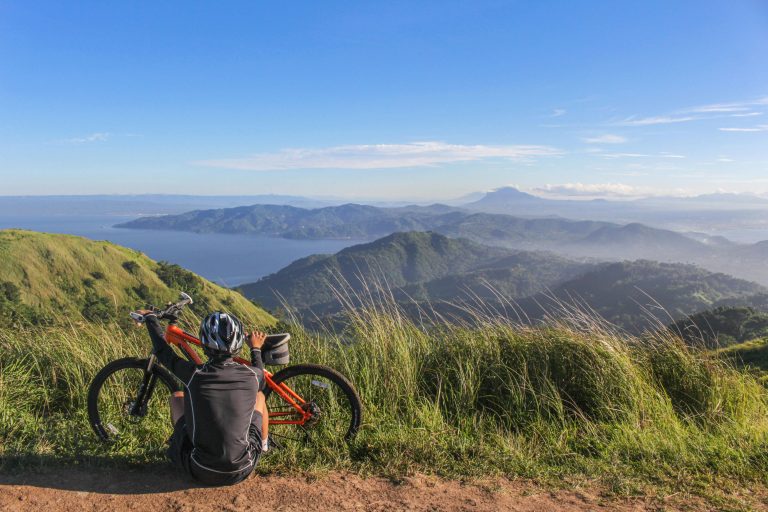Montenegro, with its stunning Adriatic coastline, rugged mountains, and historic towns, is a captivating destination for travelers. While it’s generally safe and welcoming, being informed about health considerations can ensure a smooth and enjoyable trip. This guide provides essential health advice for visitors to Montenegro, covering vaccinations, healthcare facilities, insurance, and more.
Vaccinations and Preventive Measure
Before traveling to Montenegro, it’s advisable to consult with a healthcare provider 6–8 weeks prior to departure to discuss necessary vaccinations and health precautions.
Recommended Vaccinations
- Routine Vaccinations: Ensure you’re up-to-date with standard vaccines such as measles-mumps-rubella (MMR), diphtheria-tetanus-pertussis, varicella (chickenpox), polio, and your yearly flu shot.
- Hepatitis A: Recommended for most travelers, as the virus can be contracted through contaminated food or water.
- Hepatitis B: Advised for travelers who might have sexual contact with the local population, require medical treatment, or have potential exposure through activities like tattooing.
- Rabies: Considered for travelers involved in outdoor activities, such as camping or caving, or those who will be in close contact with animals.
- Tick-borne Encephalitis (TBE): Recommended for those planning to hike or camp in forested areas during spring and summer months.
It’s essential to discuss your travel itinerary and activities with a healthcare provider to determine the appropriate vaccinations for your trip.
Food and Water Safety
While Montenegro’s food and water standards are generally good, it’s prudent to take precautions:
- Water: Tap water is safe to drink in most areas. However, in rural regions, it’s advisable to drink bottled or boiled water.
- Food: Opt for freshly cooked meals. Be cautious with street food, ensuring it’s hot and prepared in hygienic conditions. Wash fruits and vegetables thoroughly before consumption.
Practicing good hand hygiene and being selective about food and water sources can help prevent gastrointestinal illnesses.
Insect and Animal Precautions
Insect Bites
Insect-borne diseases, while not prevalent, can pose risks:
- Ticks: Found in wooded and grassy areas, ticks can transmit diseases like Lyme disease and tick-borne encephalitis. Use insect repellents containing DEET, wear long sleeves and pants, and perform tick checks after outdoor activities.
- Mosquitoes: Though malaria is not a concern, mosquitoes can carry other diseases. Use repellents and consider mosquito nets in areas with high mosquito activity.
Animal Contact
Avoid contact with wild or stray animals to prevent bites and potential rabies exposure. If bitten or scratched, seek medical attention immediately.
Healthcare Facilities and Services
Montenegro’s healthcare system comprises public and private facilities:
- Public Hospitals: Available in major cities, but may have limited resources and longer wait times.
- Private Clinics: Offer more immediate care and are commonly used by travelers.
In case of emergencies, dial 124 for ambulance services. It’s important to note that ambulance services may be limited in remote areas.
Travel Insurance
Comprehensive travel insurance is crucial. Ensure your policy covers:
- Medical Emergencies: Including hospital stays and treatments.
- Medical Evacuation: Especially if traveling to remote areas.
- Trip Cancellations or Interruptions: Due to unforeseen health issues.
Carry a copy of your insurance policy and emergency contact numbers at all times.
Medications and Pharmacies
Pharmacies are widely available in urban areas and are typically well-stocked. However, it’s advisable to:
- Bring Essential Medications: Carry a sufficient supply of prescription medications, along with a copy of the prescription.
- Carry a First Aid Kit: Include basics like pain relievers, antiseptics, band-aids, and any personal medical necessities.
Always check the legality of your medications in Montenegro before travel.
Sun and Heat Protection
Montenegro experiences hot summers, especially along the coast:
- Sun Protection: Use broad-spectrum sunscreen with an SPF of at least 30, wear hats, and sunglasses.
- Hydration: Drink plenty of fluids to stay hydrated, particularly during outdoor activities.
- Heat-Related Illnesses: Be aware of signs of heat exhaustion and heatstroke, and seek shade during peak sun hours.
COVID-19 Considerations
Stay updated on COVID-19 guidelines and requirements:
- Entry Requirements: Check for any testing or vaccination mandates before travel.
- Local Regulations: Adhere to mask mandates, social distancing, and other health protocols.
- Health Monitoring: Monitor for symptoms and know the procedure for testing and isolation if necessary.
Emergency Contacts
- Emergency Services: Dial 112 for police, fire, or medical emergencies.
- British Embassy in Montenegro:
- Address: Podgorica, Montenegro
- Phone: +382 20 618 010
- Website: gov.uk/world/organisations/british-embassy-podgorica
Register with the embassy upon arrival for assistance in emergencies.
Final Tips
- Stay Informed: Regularly check travel advisories and health updates related to Montenegro.
- Local Laws and Customs: Familiarize yourself with local regulations to avoid inadvertent offenses.
- Language: Learning basic Montenegrin phrases can be helpful, especially in medical situations.
By taking these health precautions and staying informed, you can enjoy all that Montenegro has to offer with peace of mind.
Note: This article is intended for informational purposes only and does not substitute professional medical advice. Always consult with a healthcare provider for personalized recommendations.







